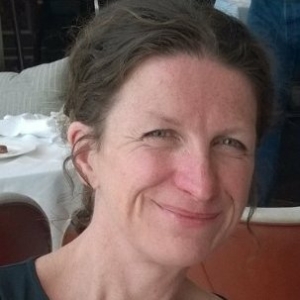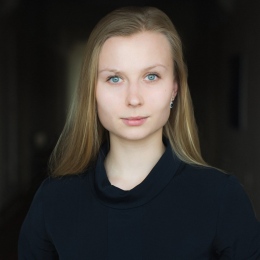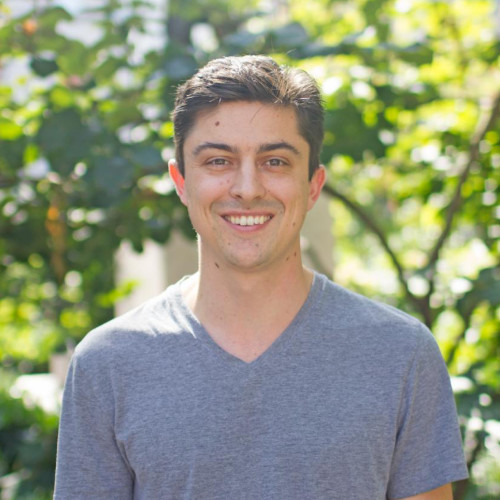Liz Allen, F1000
Liz Allen has a PhD in Medical Sociology from Queen Mary University of London, where she worked in the field of research evaluation and science policy research. Later she worked for the funding agency Wellcome which is a leader in promoting open access to research as part of a more general shift towards more open science and collaborative ways to do science. In her position as Head of the Evaluation Team at Wellcome, she had the possibility to work on research infrastructure and research metrics development. In 2015 she joined F1000 to help enhance and adapt the publishing services that F1000 provides to directly support research funding agencies.

Christophe Bernard, eNeuro
Christophe Bernard graduated as an Engineer in 1984 at the Ecole Centrale Paris, then completed a PhD in Neuroscience at Paris VI University in 1990, did his post-doctoral training at the University of Southampton between 1991-4 and a sabbatical period in 1999-2001 at Baylor College of Medicine (Houston, TX). Since 2001, he’s held the Group Leader position (DR, INSERM) as well as group leader for PhysioNet. He previously was a Reviewing Editor of Science and the Journal of Neuroscience, and is now Editor in Chief of the SfN journal eNeuro.
Mariia Filianina, JUnQ
Mariia Filianina is part of JUnQ, the journal of unsolved Questions.It is a new platform to gather ‘null’-result research and to communicate projects, which just didn’t work, ambiguous data without exaggeration and unfinished investigations, which raise more questions than they answer.
Joshua Nicholson, scite.ai
Joshua Nicholson, who has a Ph.D. in cell biology, is the founder of scite.ai—a Brooklyn-based startup that helps researchers better discover and evaluate scientific articles through so called “Smart Citations”. These are citations that display the context of the citation and describe whether the article provides supporting or contrasting evidence. Former projects by where Joshua has been involved are thewinnower.com and authorea.com.
Leave a Reply
Want to join the discussion?Feel free to contribute!






Learn
What are some of the key considerations for the future of academic publishing, and how are they being addressed?
How might changes in academic publishing affect the way researchers communicate their work and collaborate with each other?
How will scientific publishing work in the future?